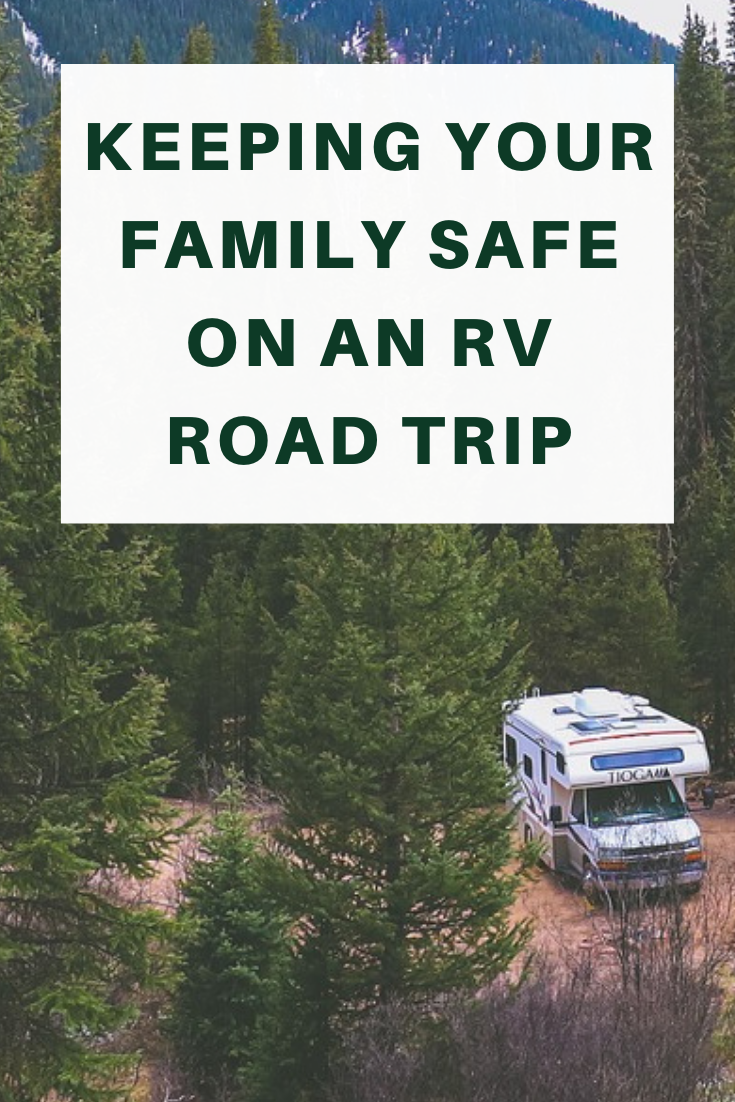Although recreational vehicle (RV) travel may be a safer way of exploring the outdoors while practicing social distancing, people should still take certain precautions to keep their families as safe as possible. RVs come with some risks that traditional cars usually do not have. Below are some safety tips for RV road trips.
Maintenance
Before venturing out on any RV road trips, it is crucial to perform some maintenance checks. Tires should be inspected to ensure they have the right air pressure to support the weight of a family’s load. The driver should also know the gas mileage.
Maintenance checks should also be done in the living spaces. Before leaving, one should familiarize himself or herself with how to operate the vehicle’s parts and systems, such as the sewer lines, control panel, and electrical lines. Reading user manuals comes in handy. Having digital copies of the manuals will allow for quick access to information in case anything goes wrong.
Items like drawers can fly open when an RV is being driven off and cause dangerous situations. Anything that can come loose as an RV moves should be properly secured before driving away from a site. An RV pre-trip checklist ensures crucial tasks and checks are not forgotten.
Cleaning Inside
Although RV rental companies have adopted stricter cleaning policies because of COVID-19, it is best for people to thoroughly clean and disinfect their vehicles themselves. RVs have numerous high-touch areas, such as tables, microwaves, doorknobs, seatbelts, and the steering wheel. Getting clean RV rentals is also not guaranteed, especially in the case of vehicles being rented directly from private owners.
Disinfecting hard surfaces with approved cleaning solutions and vacuuming porous surfaces will help keep an RV germ-free and protect the family in these pandemic times.
Driving Carefully
RVs are susceptible to rolling over because of their high center of gravity and large blind spots. Driving carefully helps minimize this risk. Additionally, it is crucial to drive an RV carefully to avoid injuries because serious injuries may require early and ongoing medical treatment, yet the smaller communities that one may be visiting may not have the type of healthcare infrastructure found in big cities.

The top RV driving safety tips include:
Daylight driving — It is safest to drive an RV during the day.
Driving slower — RVs are large, heavy, and take longer to come to a complete stop. Therefore, they should be driven at slower speeds and allowed additional distances between cars to improve safety.
Taking wider corners — By turning an RV too soon, a driver risks hitting stationary objects like trees and fire hydrants with the rear part of the vehicle. He or she can avoid that by being cautious of the vehicle’s overswing (the distance that it swings out during a sharp turn) and taking wider corners.
Avoiding quick lane changes — Lane weaving and sudden lane changes increase RV accident risk. It is safest to avoid changing lanes quickly, even if it means proceeding to the next exit and backtracking.
With correct preparation, RVs can be a safe way for families to enjoy the outdoors and improve their overall health and wellness.
*This is a collaborative post

